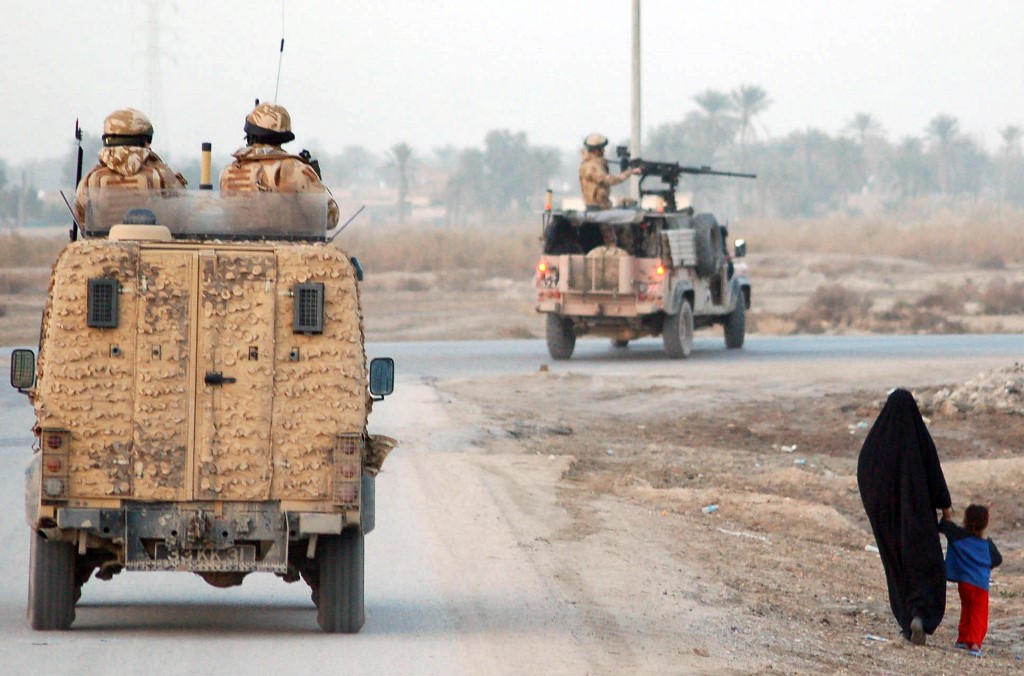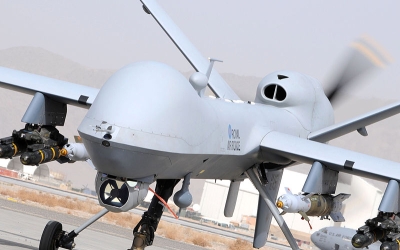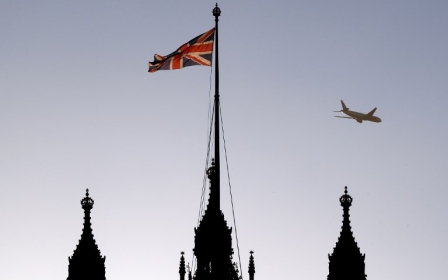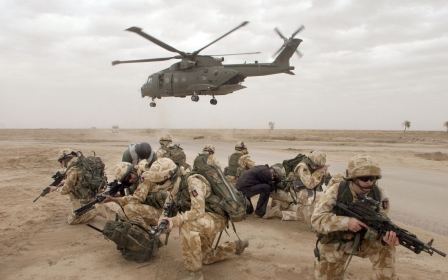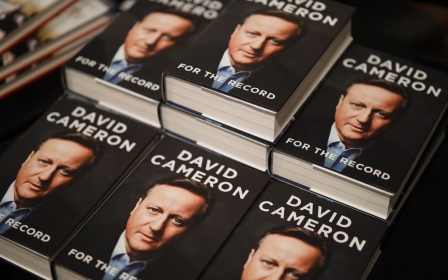British troops must be held accountable for abuses in Iraq and Afghanistan

Fresh evidence of abuses, including allegations of torture and murder, by British troops in Iraq and Afghanistan should come as no surprise. Though few British soldiers have faced accountability for such crimes, many cases have emerged of alleged abuse of detainees by ill-disciplined British troops, poorly trained by their complacent commanders.
BBC’s Panorama programme, in a joint investigation with the Sunday Times newspaper, interviewed witnesses who said they saw soldiers of the Black Watch regiment in Iraq and SAS special forces in Afghanistan kill and torture unarmed civilians, including children. One death was later described as the result of a “heart attack”.
In the show, it was alleged that, in other incidents, a pistol was planted on a prisoner and also that Afghan troops were blamed for shooting by British troops.
Devastating impact
The first British soldier to be convicted of a war crime, Corporal Donald Payne, was jailed in 2007 over his role in the death of Iraqi hotel worker Baha Mousa, who was killed while in the custody of British troops in September 2003.
The 2013 murder conviction of Alexander Blackman, a Royal Marine sergeant who killed a wounded Taliban prisoner in Afghanistan, was quashed and replaced with manslaughter. In another case, four British soldiers who forced a 15-year-old Iraqi boy into a canal and watched him drown were cleared of manslaughter at a court martial in 2006.
It may be hard to ignore a scandal that is unlikely to go away, whatever the colour of the new government in London
The Iraq and Afghanistan military adventures are now widely believed among senior British security and intelligence figures to have been disastrous - encouraging, rather than defeating, religious extremism and terrorism. They have had a devastating impact on military self-esteem and public support for the armed forces.
The UK Ministry of Defence has, in classic British tradition, tried to explain away such incidents as the product of “bad apples”. Yet many cases - some involving court hearings - have exposed abuses, even while there has been insufficient evidence to charge British troops. One former SAS trooper, Ben Griffin, was served with a gag order after he began to disclose how British forces handed over detainees to US forces, knowing that they would likely be tortured.
Compensation claims
By 2016, the Ministry of Defence had paid out more than £20m ($25.9m) in compensation to alleged victims of abuse in Iraq in 326 cases.
Evidence to the Baha Mousa public inquiry, which the government was forced to establish, revealed that British soldiers in Iraq used interrogation techniques - including hooding, sleep deprivation and painful stress positions - that had been outlawed by the UK government in 1972.
So many credible cases of abuse by British soldiers were reported that the government in 2010 established the Iraqi Historic Allegations Team (IHAT).
Then, following allegations of the abuse and murder of Iraqis after the 2004 Battle of Danny Boy, named after a British checkpoint, the government set up the al-Sweady inquiry, named after one of the dead men. But after the inquiry determined that the claims were “wholly baseless”, human rights lawyer Phil Shiner, who had pursued the case, was struck off from practising law amid allegations that he had paid Iraqis to find clients.
It was a gift to the British government. The lawyer leading the charge in pursuing the ministry over the abuse of detainees had been caught out. IHAT, which had itself been criticised for a lack of professionalism, was abandoned.
Breaching international law
The inquiries and court hearings have clearly shown that British troops have breached international law, including the Geneva Conventions. They have done so because they were ill-equipped and ill-trained, and because of the attitude of their commanders in the field, apparently taken by surprise by the violent insurgencies they had provoked in both Iraq and Afghanistan.
Meanwhile, back in London, the Ministry of Defence has insisted, wrongly, that British soldiers were not covered by European human rights law. Conservative MPs have also complained about “lawfare” - the notion that military commanders would be bound by so many laws that they would be prevented from fighting enemies effectively.
Former IHAT investigators were among those interviewed by the Panorama/Sunday Times journalists. While the Ministry of Defence has tried to brush off these latest allegations, interestingly, it says it has passed them on to military police. The International Criminal Court in The Hague may also probe the allegations.
It is general election time in Britain, and attention is on who will form a new government. But it may be hard to ignore a scandal that is unlikely to go away, whatever the colour of the new government in London, and regardless of the complaints about “lawfare”.
The views expressed in this article belong to the author and do not necessarily reflect the editorial policy of Middle East Eye.
Middle East Eye propose une couverture et une analyse indépendantes et incomparables du Moyen-Orient, de l’Afrique du Nord et d’autres régions du monde. Pour en savoir plus sur la reprise de ce contenu et les frais qui s’appliquent, veuillez remplir ce formulaire [en anglais]. Pour en savoir plus sur MEE, cliquez ici [en anglais].



